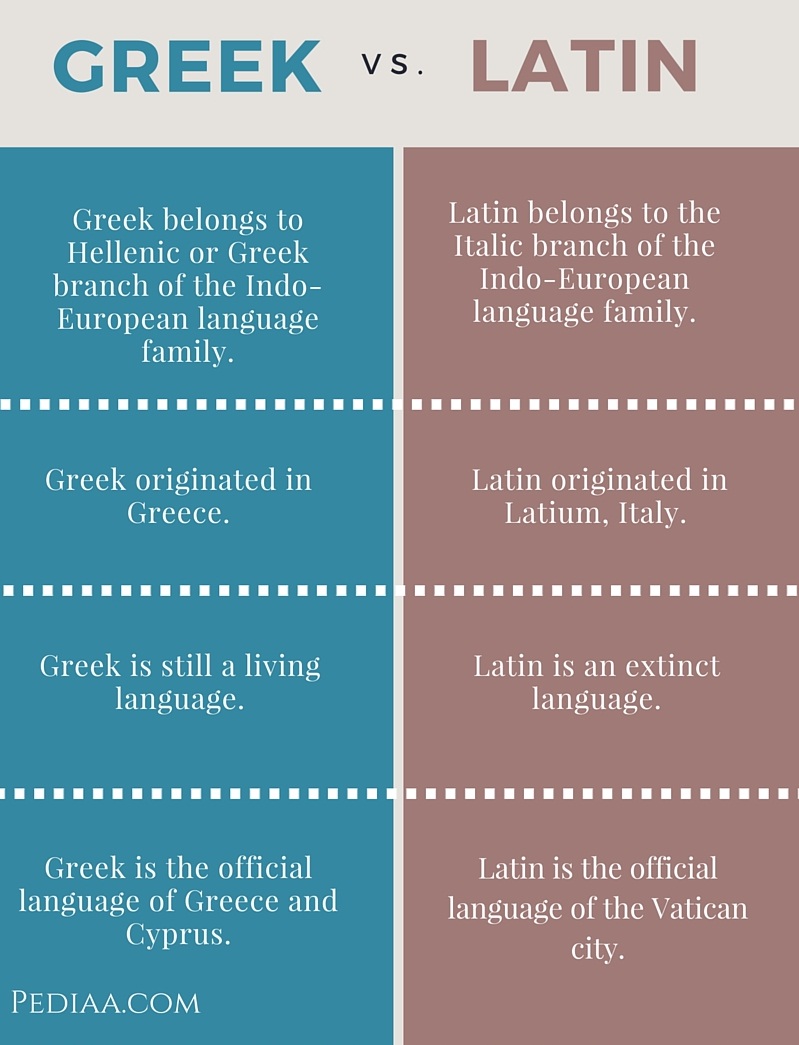
Ancient Greek Skepticism. Although all skeptics in some way cast doubt on our ability to gain knowledge of the world, the term “skeptic” actually covers a wide range of attitudes and positions.
Genuine antique rebus, wordplays, puzzles and curiosities to sharp your Latin and Greek language skills
The life of Theseus from Greek mythology. Illustrated by Guy Fiero. Text by Joel Smore. It was by lifting a boulder that Theseus, grandson of the king of Troezen


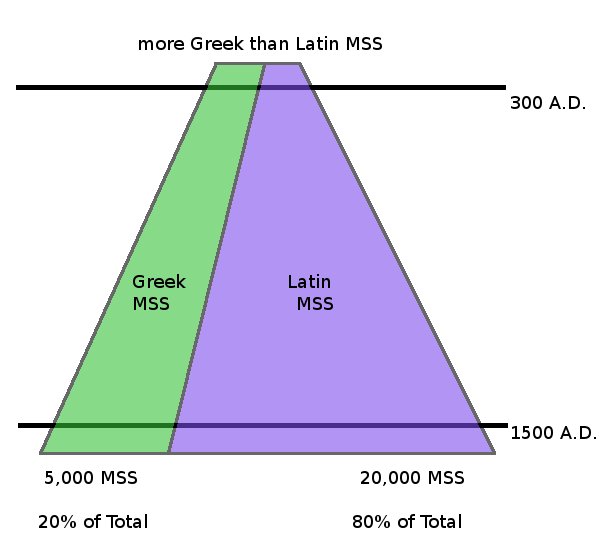

The Greek language distinguishes at least four different ways as to how the word love is used. Ancient Greek has four distinct words for love: agápe, éros, philía, and storgē.
“Hot” religious topics The cremation process. Its history. Cremation and burial in the Bible. The cremation process: The word cremation comes from the Latin word cremo which means “to burn” – particularly the burning of the dead.

Latin is a member of the broad family of Italic languages.Its alphabet, the Latin alphabet, emerged from the Old Italic alphabets, which in turn were derived from the Greek and Phoenician scripts.
Large Porn Tube is a free porn site featuring a lot of Greek porn videos. New videos added every day!
The Erinyes were three ancient Greek goddesses who avenged the crimes of murder, unfilial conduct, impiety and perjury. This page describes the crimes which provoked the wrath of the Erinyes.

Mouse to mice, goose to geese and to ren: an explanation and infographic will help to weed through English’s irregular plurals. English grammar generally pluralizes a word by tacking -s or -es onto the end of it, but there are plenty of words that buck this; some noun plurals look
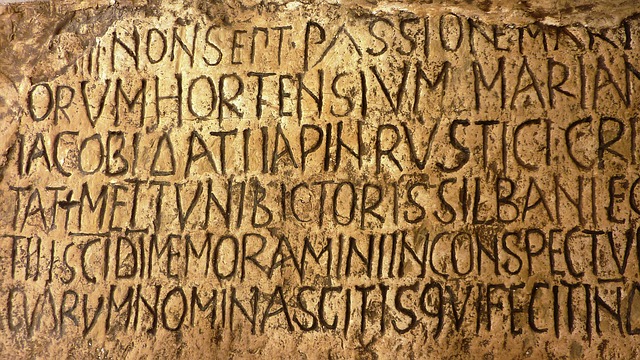
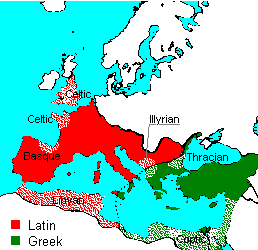
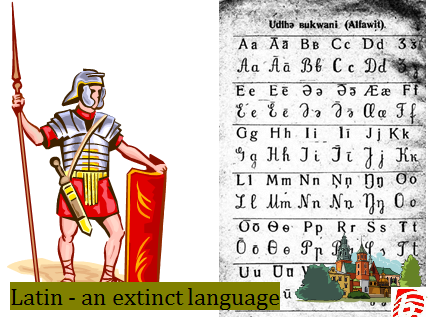
Octopi, the supposed plural of octopus, is a favorite among fans of quirky words, but it has no etymological basis. The form was created by English speakers out of a mistaken belief that octopus is Latin and hence pluralized with an -i ending. But octopus comes from ancient Greek, where its
